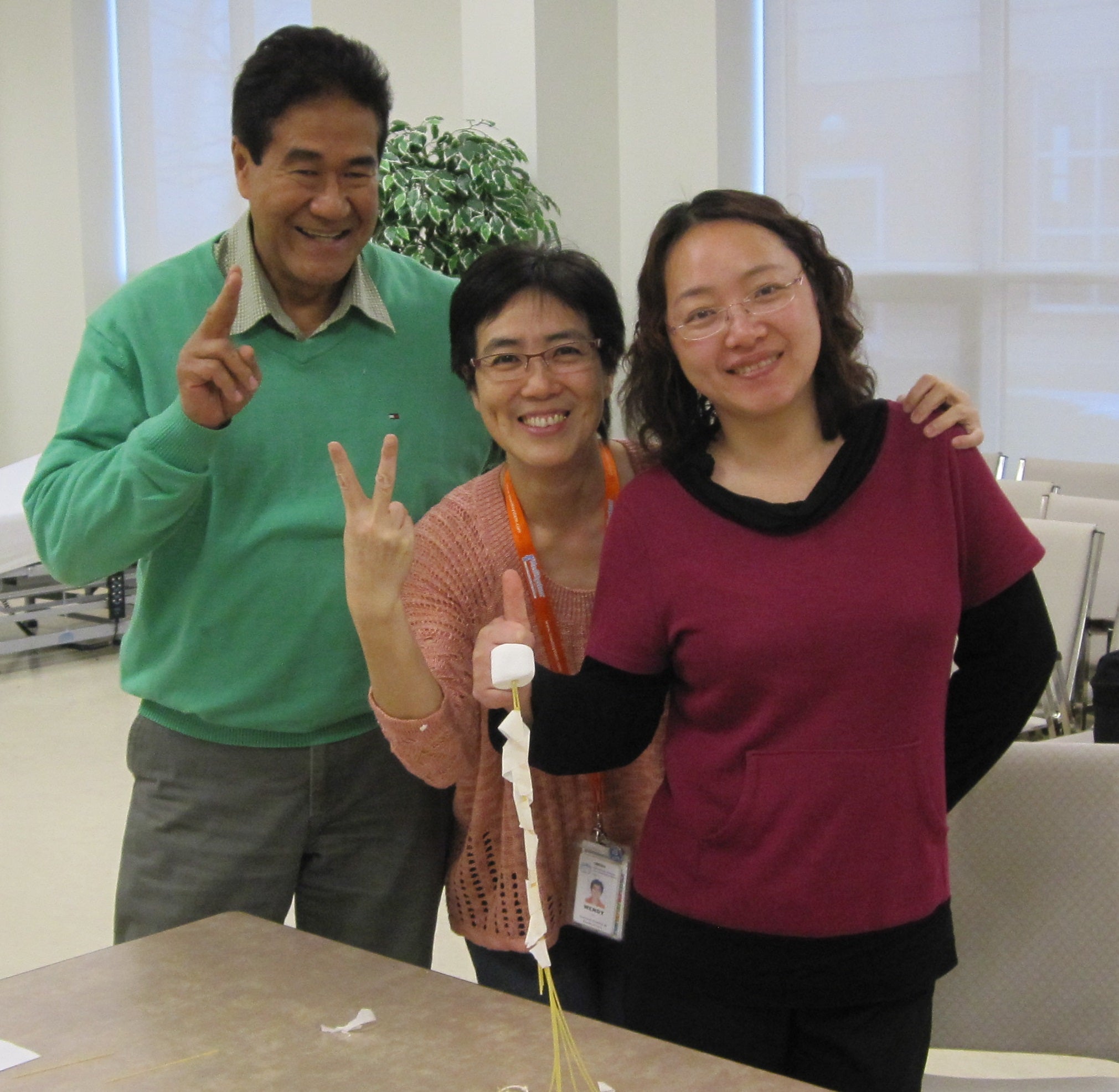Yee Hong Culture Change Coalition
My reflections as a participant by George Hoo Sue

Back in late 2011, I was invited by Amy Go, Executive Director of Yee Hong to participate in a study group. The group would be part of the PiDC Alliance ongoing research on changing the culture in dementia care, hence the name – Yee Hong Culture Change
Coalition. While we were waiting to start our first meeting in January 2012, Jenny Ploeg (research lead at Yee Hong) and I had a brief discussion on the timelines of this study and the Appreciative Inquiry method. I recall back then I was skeptical that it should take 5 years or more for some desired objectives to be implemented. I am coming from a corporate business background where results tend to be more important than processes.
I however entered this new arena with much excitement and energy. The reason; it brought back memories of a community research project that I was managing some 15 years ago. It was similar in scope in that it looked to improve access to financial and other related services to low income and marginalized communities which in turn improved the overall wellness of those living in these communities.
We are now approaching 4 years of the culture change journey at Yee Hong and what stands out most to me is how smooth the transition has been from the initial phase (Dawn) to our current phase (Dream), and how engaged the participants, facilitators, staff, family members and residents are in the process. The key lesson I have learned from all of this, is how powerful a tool “Appreciative Inquiry” is, which focuses on what is working well and learning from these strengths rather than focusing on the negatives. Not only was this approach useful as a method for the study process, it was useful in how I looked at things in my own life and several
participants mentioned that they were also using this approach when dealing with their own family and friends.
What impressed me most in the study group sessions over these three plus years was the passion and openness of the staff in sharing their thoughts and opinions, regardless of their job titles. I was also pleasantly surprised that they were able to converse so eloquently in English considering for most it is their 2nd language. It was not surprising however, that they were enthusiastic to share their positive experiences working at Yee Hong as these re-affirmed my own impression of the staff and the service provided in my contact with them while my mother was in residence. As we moved to the Discovery phase it seemed that the
project was really taking off with a flurry of activities.
We were now engaging stake-holders outside of the study group and I was really impressed with the ability and capacity of the facilitators and the core study group who developed and executed surveys and focus groups among staff, residents, family members, and outside stakeholders. Mainly, I was impressed with their sensitivity in gathering information that was so inclusive and overcame the cultural and language differences. As well, I was impressed by the willingness and enthusiasm of the participants and the quality and quantity of the responses. Surely they were above my expectations.
To me, the highlight of the Discovery phase was a presentation made by the members of the CCC to the Yee Hong staff. This may have been the first time others were learning of the project so our presentation provided a snapshot of what we are doing and the progress we made. We showcased this by borrowing from a popular T.V. game show we called “Yee Hong Family Feud.” This was complimented by beautifully designed posters with a collage of photographs and quotes capturing our various activities. This event really said to me “yes, we are making progress.” As we moved into the Dream phase, it gave me and my colleagues the opportunity to think outside the box with many bright ideas and “what ifs” scenarios of what the ideal care experience would be at Yee Hong, in particular for those with dementia. This is indeed quite exciting and I look forward to the Design phase and implementation.
“If we can identify actions, no matter how small, that will make the quality of care and quality of life just a little better for those with dementia, then I can truly say my time and energy serving on this project was well worth it.”